2018-11-06 10:09
DB Schenker trains logistics personnel with 3D technology and virtual reality

A team comprised of experts from the Fraunhofer Institute and DB Schenker has developed an innovative employee training program in the team‘s joint Enterprise Lab for Logistics and Digitalization. The program focuses on packaging and order-picking processes and is the first to launch as part of this initiative. The training program is built around six exercises that teach the participants about the processes from start to finish by encouraging playful learning. The employee training course is currently available in German and English, and additional languages can easily be added.
A virtual reality (VR) version of the exercises is also in the works. Deutsche Bahn leads Germany in the use of VR for training purposes, since opportunities to train with real equipment during ongoing operations are frequently limited. In virtual environments, employees can be trained to complete tasks such as opening nose covers and operating wheelchair lifts on ICE 4 trains.
Now DB Schenker is drawing on this technology, too: its employees can don 3D glasses to step into a virtual world where they can interact with the training environment and even learn movement sequences. This makes it considerably easier for employees to navigate the transition from the virtual environment to the real one. The technology offers employees an opportunity to perform extensive testing on logistics processes that are still in the implementation phase before they advance to the next phase. In addition, training in a virtual environment increases the efficiency, quality and speed of training.
The training program was recently launched and is currently being used to train employees at DB Schenker‘s site in Leipzig. There are plans to expand the program to other contract logistics sites.
”We have been successfully collaborating with the Fraunhofer Institute for several years, and we have already jointly developed numerous transport and logistics solutions of the future. This innovative employee training program marks yet another milestone in the digitalization of logistics processes and in DB Schenker’s focus on Logistics 4.0,” said Erik Wirsing, Vice President Global Innovation at Schenker AG.
”For us, the outstanding feedback from trainers and trainees on site has been highly gratifying. It was only by fusing research and development with the skills of employees on site and the department for process and efficiency management that we were able to succeed at developing this innovative and motivating learning solution,” said Dr.-Ing. Michael Schmidt of the Intralogistics and IT Planning Department at the Fraunhofer Institute for Material Flow and Logistics.
< Korea Shipping Gazette >
많이 본 기사
- ‘부산 환적·광양 수출입’ 컨물동량 1%대 성장한국해양교통안전공단 이사장 공개 모집“한국해운 80년 역사 담았다” 해운역사기념관 개관태웅로직스, 이천 풀필먼트센터 구축…이커머스 물류 진출부산항 컨테이너 물동량 2488만TEU…최대치 경신‘컨선·LNG운반선 덕’ 선박수출액 8년만에 300억弗 돌파국제물류협회, 마이스터고 대상 ‘영마이스터 물류캠프’ 운영해수부 신임 해사안전국장에 이수호 국장 임명기고/ 선박건조계약상 하자보증시 면책조항의 해석스위스 MSC, 부산-지중해 항로 개편…운송시간 단축
- 엑소텍, 프랑스서 물류 자동화 행사 ‘엑소서밋 2026’ 개최지난해 中-유럽 정기화물열차 317만TEU 운송…전년比 8%↑인천항만공사, 인공지능 기반 혁신 우수사례 발굴 주력싱가포르항공, 싱가포르-리야드 직항 노선 신설인사/ 국립목포해양대학교인사/ 해양수산부日 나고야항, 6년만에 260만TEU 달성MSC Highlights Expanded Intermodal Solutions Across Africa부산신항만, 에너지 취약계층 지원 성금 전달Hainan FTP's First Month of Island-Wide Special Customs Operations B...
스케줄 많이 검색한 항구






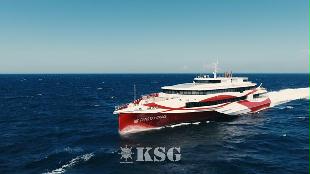

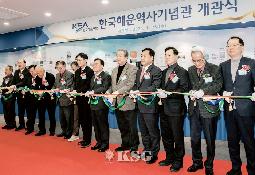
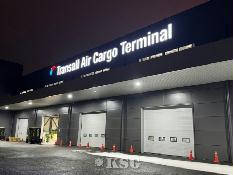

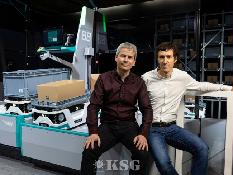
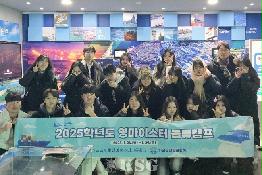
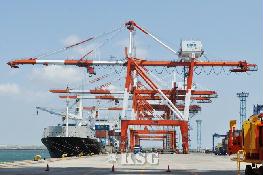

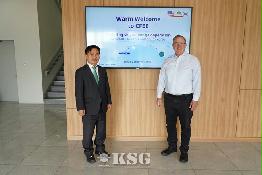

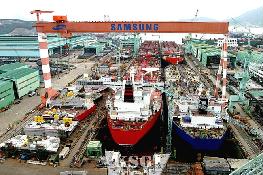


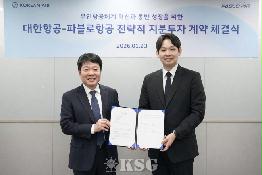
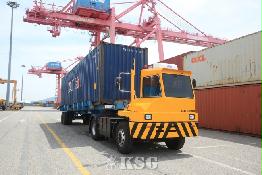


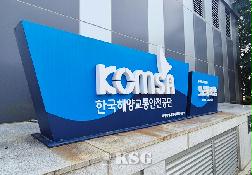
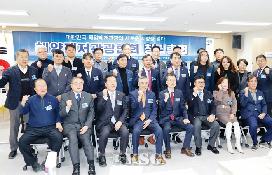


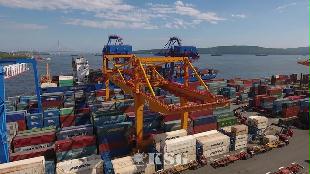

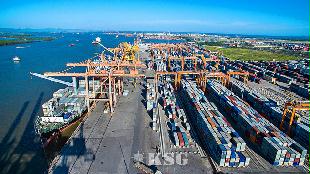
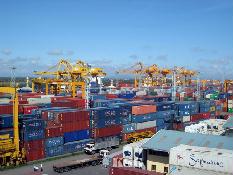





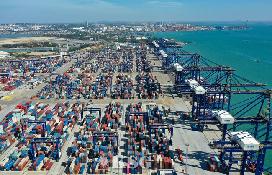


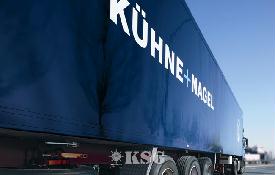
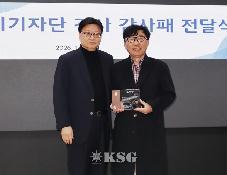
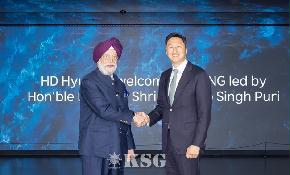




















0/250
확인